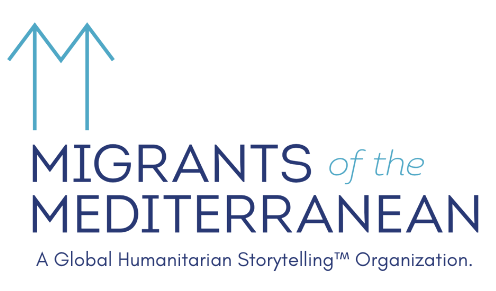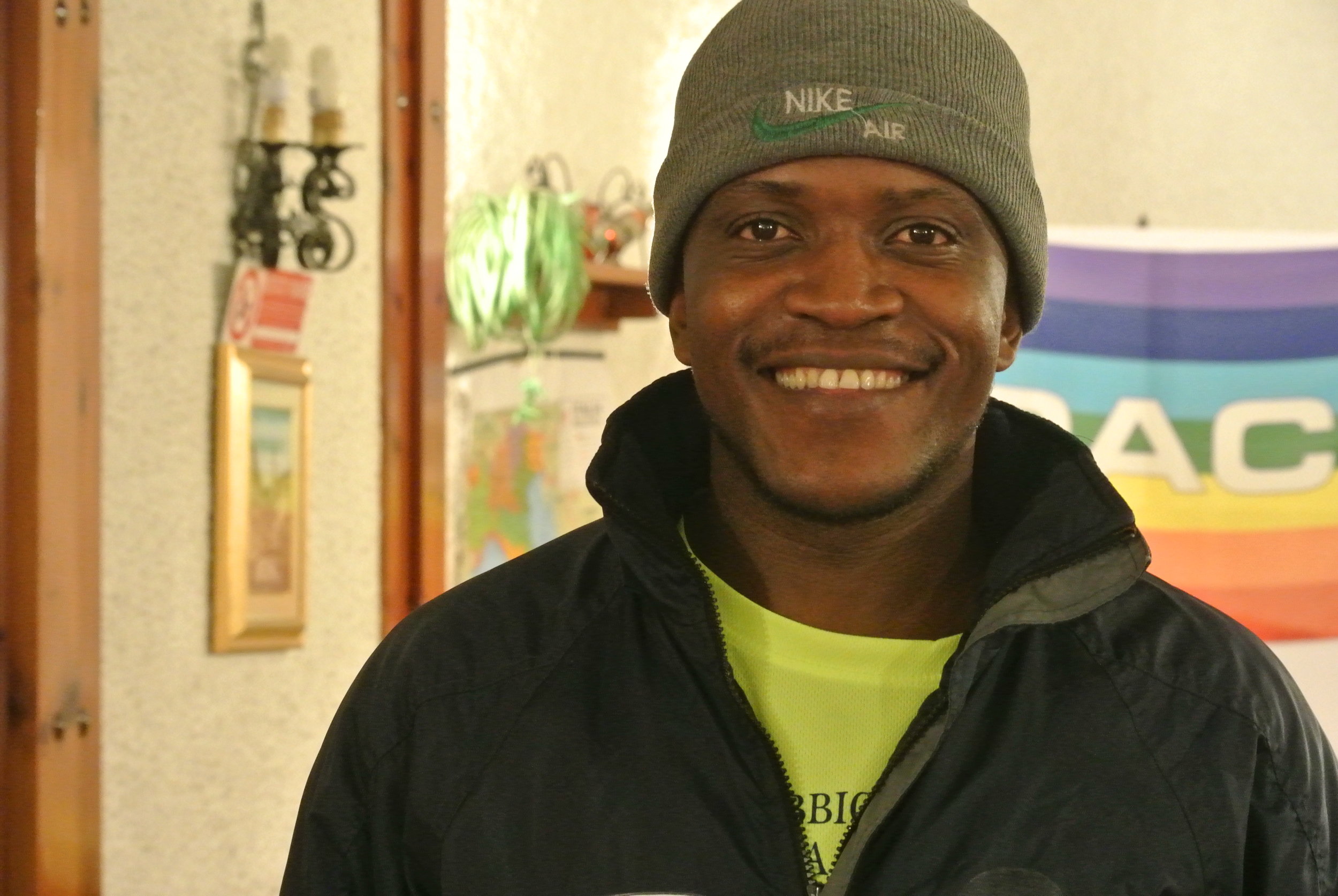Meet Sama
Sama at his housing in the mountains, near Bergamo, Italy. November 2017. ©Pamela Kerpius/Migrants of the Mediterranean
by
Pamela Kerpius
Recorded:
24 November 2017
Published:
December 2017
Meet Sama.
28 years old and from Cameroon.
His journey took one year.
To reach Italy he crossed six countries: Cameroon, Nigeria, Niger, Algeria, Morocco, and the most dangerous of all, Libya.
After crossing Cameroon and Nigeria, he stopped in Niger for three months to raise money. From there, he continued on toward Algeria and Morocco, where he hoped initially to cross the sea to Spain. In Morocco though, his funds were still strained and the travel logistics were confusing: he and other migrants were moved from one location, then scattered among other cities. Sama ended up back in Fes, Morocco before leaving again for Algeria.
Sama crossed the Algerian desert on foot. He reached Libya and stayed within its borders for a total of two weeks and 3 days, first in Sabha for two weeks, then a direct transfer to Sabratha, the coastal city west of Tripoli, where he stayed for the remaining three days.
He was sick with diarrhea since his time in Algeria. By the time he was in Sabratha he was weak from it and could not eat. He credits his survival there to his friends, fellow migrants who kept vigil over him and urged him to eat.
“‘I don’t even know the father
of my baby,’ the woman told Sama.”
He described the camp as dangerous. He said Libyan traffickers would roam through from time to time shooting guns to intimidate the people. Women continued to be captured there and raped. Sama said one pregnant woman was taken away, raped repeatedly, and had cigarettes put out on her belly; he saw the burn marks across her stomach.
“I don’t even know the father of my baby,” the woman told Sama, because she had been raped by so many different men in Libya. He said even as his boat was being pushed off from shore, men were still grabbing women to rape; about six, he says, were forcibly taken as they were departing.
His boat left shore but it was quickly returned when a group of Libyan pirates drove them back, stole their life jackets, and made them throw their belongings, including cell phones, into the sea, “They wanted us dead,” he said.
At 2:00a.m. on the same night Sama crossed the Mediterranean Sea in a rubber dinghy with 125 people. He couldn’t see anything because he was only thinking about how glad he was to be away from Libya, though “there was moonlight,” he added.
When they reached water far enough away from shore the boat’s engine was removed by the traffickers who trailed them, and they were left adrift on the open sea.
“They change your life.”
Sama was rescued by the Proactiva Open Arms, a Spanish NGO rescue vessel, at 10:00a.m. Everyone on his boat survived. On the rescue boat, he met people who suffered petrol burns during crossing; one woman was naked and covered in open burn wounds, a common occurrence when the leaky gasoline from a boat's motor mixes with salty sea water.
Open Arms took care of them to the best of their abilities and made them feel at home.
“I love them,” he said about Open Arms.
“They are kind persons, very welcoming. Even though you are at sea, you feel like you are in Italy already.” Open Arms played music to cheer them up and they all danced, “They change your life,” he said.
Sama landed in Sicily on 13 July 2017.
Now, Sama is taking Italian lessons regularly at his housing in a small mountain town near Bergamo, Italy. He loves Italy and wants to master the language. He also wants to be a footballer – and although he loves Italy, Real Madrid is still his team. If he cannot play football professionally, he wants to help the less privileged, giving aid to the homeless in Italy and to other migrants.
“I want to do my best to make someone that is sad, happy.”
Sama is an amazing human being.

